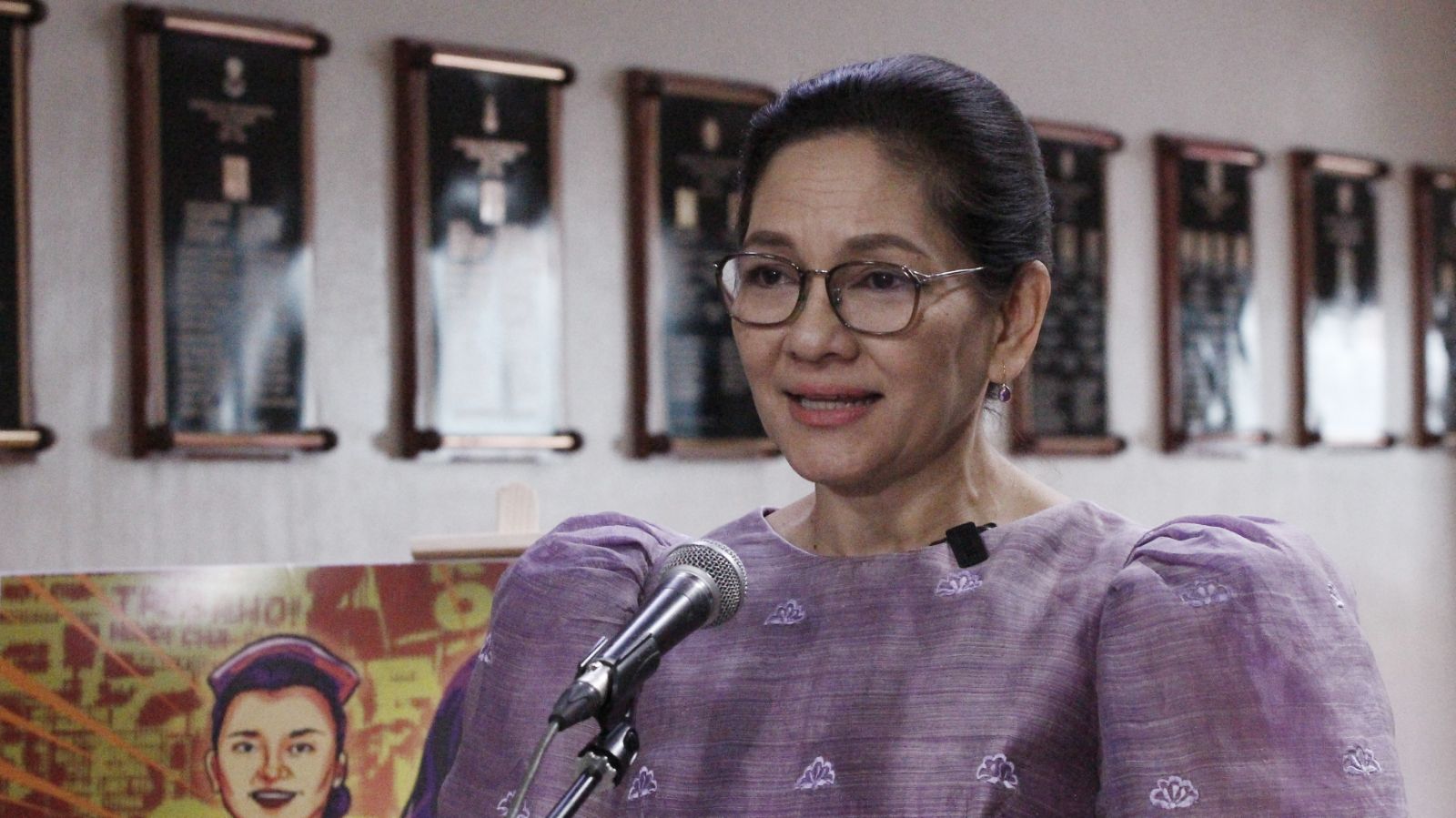
Sen. Risa Hontiveros —Senate PRIB
Sen. Risa Hontiveros has flagged the supposed “reconsolidation” of former agricultural estates in Nasugbu, Batangas, and other areas that had already been distributed to small farmers as part of the government’s agrarian reform program.
According to Hontiveros, her office received complaints from agrarian reform beneficiaries (ARBs) of three haciendas—Palico, Banilad, and Caylaway—in Nasugbu that were previously owned by Roxas & Company Inc. (RCI).
READ: Roxas firm gets favorable ruling from high court
She said the ARBs, who were already tilling the lands when a nationwide agrarian reform program was launched by then President Corazon Aquino in 1988, were recently ordered to vacate the properties that had already been awarded to them as shown by their certificates of land ownership award (CLOAs).
READ: Day of the Landless: The failed promises of land reform in PH
However, she said, the Department of Agrarian Reform supposedly committed errors in the process of acquisition involving the mode of payment to RCI.
The senator said this resulted in the cancellation of the “acquisition proceedings,” which, she added, prompted DAR to issue Consolidated Order No. 6.
“[The order] divides the landholdings 50-50 [to RCI and the ARBs], but apportions to the ARBs the less desirable areas of the landholdings,” Hontiveros said in a privilege speech on Monday.
“According to the ARBs my office spoke with, the CLOA holders from all three haciendas may be relocated to a parcel of land on Barangay Palico without electricity or potable water,” she said.
Worse, she said, the affected farmers and their families were not consulted on how the vast tracts of lands would be divided among the CLOA holders and RCI.
Hontiveros said the same incident of “agrarian reform reversals” was also reported by farmers in Angeles City, Pampanga, involving Clark Hills Properties Corp. and in the provinces of Quezon and Negros Occidental.
“This appears to be a systematic pattern that beleaguers our agrarian reform program,” the opposition senator said.
“This is a systemic problem that crosses [several] administrations. What is clear is that we owe a historical debt to our farmers,” she added.
President Marcos, she pointed out, recently vowed to “seek permanent solutions to the issues that hound agrarian reform and its implementation.”